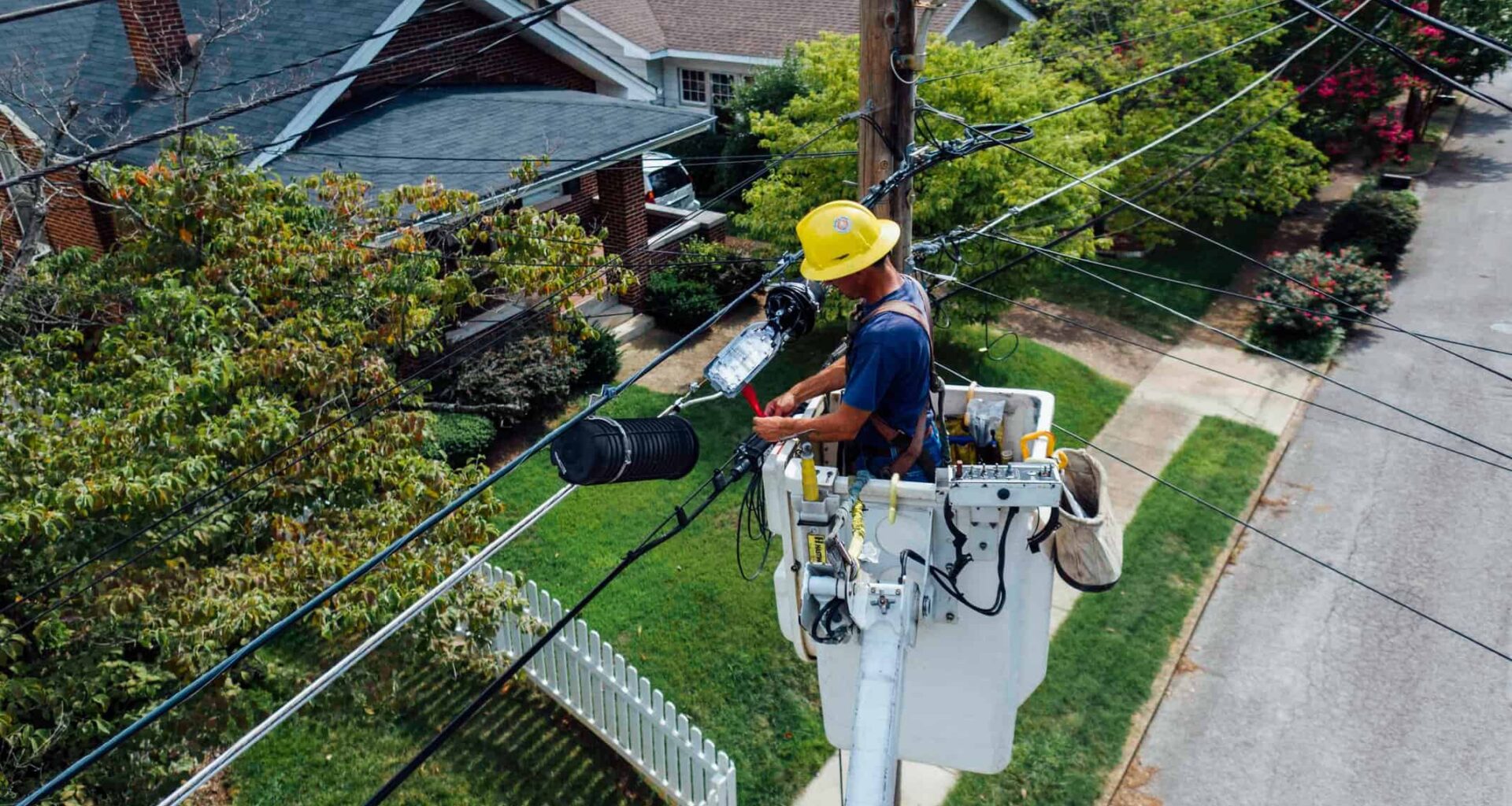Is a Career in Public Utilities Worth Considering?
A career in public utilities can be a wonderful choice for you if you value work stability and want to have a good impact on your community.
The field of public utilities offers a diverse range of job opportunities, catering to various interests and skill sets.
Moreover, the public utilities sector is constantly evolving, which means there are plenty of chances for personal and professional growth. Contributing to the improvement and expansion of these vital services can be incredibly rewarding.
To embark on a career in public utilities, the path typically involves a combination of education and experience.
Gaining practical experience through internships or apprenticeships can prove invaluable in developing the necessary skills and knowledge for the job. Additionally, networking with professionals already working in the industry can open doors to various job opportunities.
Ultimately, if you’re passionate about making a difference in society and seek a stable and evolving career path, exploring opportunities in public utilities could be a wise decision.
How Much Do Public Utilities Jobs Pay in the US and UK?
Depending on the position held and the location of employment, salaries in the public utilities sector can vary. while a water treatment plant operator typically earns around £25,000 per year.. It’s essential to research the specific pay ranges for the job you’re interested in and the location where you plan to work.
What Are the Drawbacks of Pursuing a Career in Public Utilities?
One significant challenge is the potential for job instability during economic downturns or shifts in government policies. Some positions in the field might also require working in hazardous conditions or dealing with challenging customers. Weighing the pros and cons of a career in public utilities is crucial before making a decision.
Which Jobs in Public Utilities Are Experiencing the Fastest Growth?
As the demand for renewable energy and sustainable practices rises, several job roles in public utilities are experiencing rapid growth. Additionally, fields like cybersecurity and data analytics are becoming increasingly relevant as technology continues to play a vital role in the industry. Staying updated on industry trends and advancements is essential to remain competitive in the job market.
The public utilities industry offers a wide range of roles, from public relations and administration to engineering and technician jobs. This article aims to provide valuable insights into public utilities to help you make an informed decision about your career path.
Is a Career in Public Utilities a Good Choice?
It can be a fulfilling professional path, especially if you appreciate giving back to your community. The public utilities industry offers a variety of roles to consider, ranging from entry-level positions with minimal requirements to skilled trade jobs that demand specific qualifications.
The importance of the services supplied is one of the key benefits of working in this business, which contributes to excellent job security and a high demand for people. Being involved in such crucial services that benefit the community often brings a sense of satisfaction to those working in public utility roles. Here are some benefits of choosing this career path:
Also Read: Political Insights and Ghostly Wit: Unveiling the World of Spiro Agnew’s Ghost
Opportunities for Job Growth
The public utilities industry offers various job levels, allowing you to start your career without extensive post-secondary education. Many entry-level jobs provide on-the-job training and have modest entrance criteria. As you gain experience, you will have the opportunity to develop in your career, maybe to management or supervisory positions.
There are numerous careers that demand specific certifications or degrees if you opt to continue additional education after high school or get experience in the sector.
For example, while becoming an administrative assistant in a public utilities company might not demand further education, becoming a power engineer may require a bachelor’s or master’s degree in the field.
Competitive Salary and Benefits
Another advantage of working in this industry is the availability of well-paying jobs with opportunities for career growth. Pursuing post-secondary education or obtaining relevant certifications may even lead to higher earning potential. Additionally, many public utilities roles come with competitive benefits, such as paid leaves, health benefits, sick days, vacation days, and opportunities for career development.
To summarize, a career in public utilities can be a rewarding and financially rewarding path, providing work stability, advancement prospects, and the opportunity to make a great effect on your community. If these aspects align with your interests and goals, exploring opportunities in the public utilities industry could be a wise decision for your future career.
Job Security in Public Utilities
Working in the public utilities industry can provide a strong sense of job security. As a result, positions in this field are in high demand, with good job security. Knowing that your role is vital and valued by the community can instill a sense of dedication and confidence in your employment.
Understanding Public Utilities
The basic purpose of the public utilities industry is to offer necessary resources to the public, ensuring their everyday needs are addressed. Water, power, electricity, gas, and sewage removal are examples of these resources. The diverse roles within public utilities contribute to maintaining a comfortable quality of life for societies. From front-line positions to support roles like administration and human resources, there are numerous job opportunities in this sector.
- Water: Public utility roles involving water focus on sanitizing and distributing water in a safe and effective manner. Tap water, used for bathing, cooking, and cleaning, is a prime example of a water utility.
- Waste Removal: This segment deals with treating sewage water before releasing it back into the environment. It also includes the collection and transportation of waste to treatment facilities.
- Electricity: Public utilities provide electrical services to an area, powering various machines, gadgets, and equipment. They also work diligently to restore electricity during disruptions like major electrical storms.
- Gas: Natural gas, commonly used for heating buildings, is distributed by professionals in the natural gas sector. This public utility is especially in demand in regions with cold weather.
Telecommunications: This segment enables people to communicate with each other and access entertainment daily. Roles such as linemen, internet communication experts, and telephone workers contribute to this crucial aspect of daily life. Businesses rely on telecommunications for essential operations, as telephone and internet communications play integral roles in many processes.
Conclusion
In conclusion, working in public utilities can offer a sense of job security due to the industry’s importance and constant demand. Understanding the different segments of public utilities helps us appreciate the essential services they provide, ensuring our communities function smoothly and efficiently.















